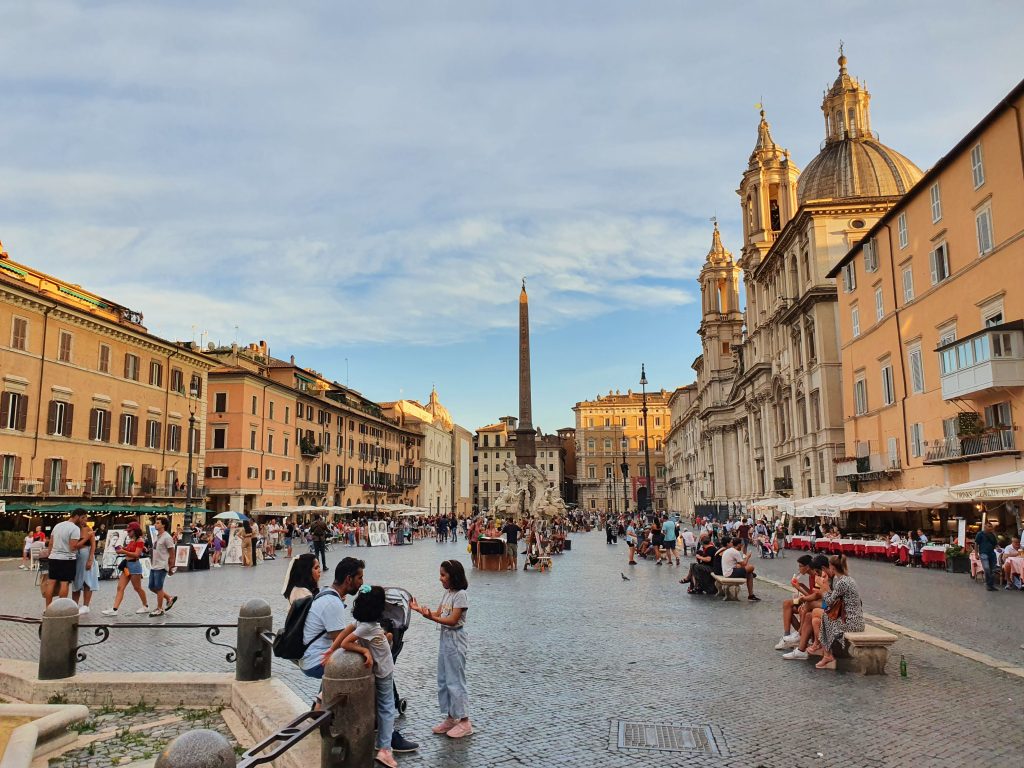There are various Freemason Lodges in Italy including in the capital Rome. There are also lodges in most of the major cities, including Venice, Bologna, Siena, Naples and Trieste.
The Freemasons, a secretive society, have long captured the imagination of people worldwide. Italy, with its rich history and cultural diversity, is no exception to the presence of Freemason lodges. In this blog post, we will explore Freemasonry in Italy, shedding light on its history, significance, and the enduring allure of its lodges.
The Historical Foundations of Freemason Lodges in Italy

The establishment of Freemason lodges in Italy can be traced back to the 18th century, a period of intellectual awakening and Enlightenment ideals. These lodges served as meeting places for like-minded individuals who were drawn to the Masonic principles of brotherhood, morality, and enlightenment. They founded the earliest Masonic lodges in Italy in cities such as Venice, Florence, and Naples. They formed these with notable influences from the Grand Lodge of England.
The Impact of Freemason Lodges on Italian Society
Freemason lodges in Italy played a pivotal role in shaping the socio-political landscape during the 18th and 19th centuries. Many prominent Italian figures, including writers, philosophers, and political leaders, were associated with Freemasonry. The lodges provided a platform for discussing progressive ideas, advocating for religious tolerance, and promoting the principles of liberty and equality.
One of the most iconic figures associated with Italian Freemasonry is Giuseppe Garibaldi. He was a key figure in the Italian unification movement. Garibaldi’s Masonic membership reflected the alignment of Freemasonry with the ideals of Italian nationalism and unity.
Architecture and Symbolism
The influence of Freemasonry can also be observed in Italian architecture and symbolism. Masonic symbols, such as the square and compass, are integrated into the designs of several Italian buildings, often hidden in plain sight. These symbols carry deep meaning for Freemasons and serve as a testament to the enduring legacy of the society in Italy’s cultural heritage.
Freemason Lodges in Italy
In contemporary Italy, Freemasonry persists, albeit with a different focus and level of influence compared to its historical prominence. Modern Freemason lodges in Italy primarily engage in charitable activities, community service, and fostering a sense of fraternity among members. The secretive nature of Freemasonry still captivates the curiosity of outsiders, but the organisation’s political influence has diminished considerably.